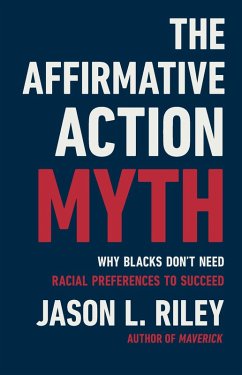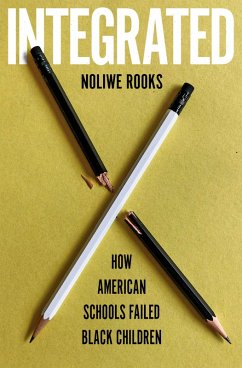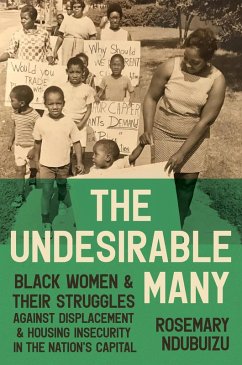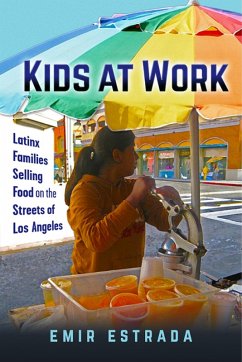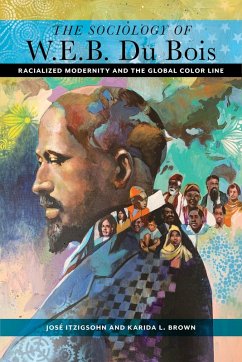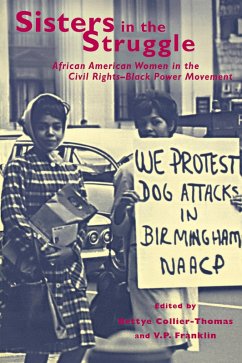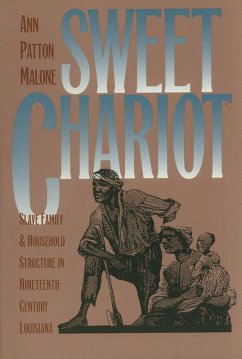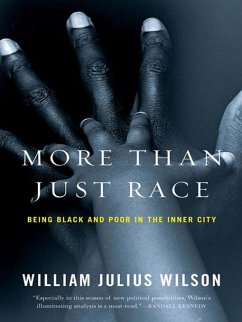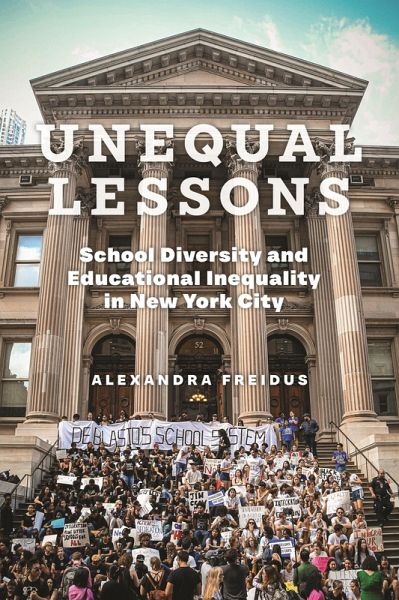
Unequal Lessons (eBook, ePUB)
School Diversity and Educational Inequality in New York City
Versandkostenfrei!
Sofort per Download lieferbar
20,95 €
inkl. MwSt.
Weitere Ausgaben:

PAYBACK Punkte
10 °P sammeln!
Diversity and racial integration efforts are not sufficient to address educational inequalityNew York City schools are among the most segregated in the nation. Yet over seven decades after the Brown v. Board of Education decision, New Yorkers continue to argue about whether school segregation matters. Amid these debates, Alexandra Freidus dives deep into the roots of racial inequality in diversifying schools, asking how we can better understand both the opportunities and the limits of school diversity and integration.Unequal Lessons is based on six years of observations and interviews with chi...
Diversity and racial integration efforts are not sufficient to address educational inequality
New York City schools are among the most segregated in the nation. Yet over seven decades after the Brown v. Board of Education decision, New Yorkers continue to argue about whether school segregation matters. Amid these debates, Alexandra Freidus dives deep into the roots of racial inequality in diversifying schools, asking how we can better understand both the opportunities and the limits of school diversity and integration.
Unequal Lessons is based on six years of observations and interviews with children, parents, educators, and district policymakers about the stakes of racial diversity in New York City schools. The book examines what children learn from diversity, exploring both the costs and benefits of school integration. By drawing on students' first-hand experiences, Freidus makes the case that although a focus on diversity offers many benefits to students, it often reinscribes, rather than diminishes, existing inequalities in school policy and practice. The idea of diversity for its own sake is frequently seen as the solution, with students of color presumed to benefit from their experiences with white students, while schools fail to address structural inequality. Though educators and advocates often focus on diversity out of a real desire to make a positive difference in students' lives, this book makes clear the gaps between good intentions and educational injustice.
New York City schools are among the most segregated in the nation. Yet over seven decades after the Brown v. Board of Education decision, New Yorkers continue to argue about whether school segregation matters. Amid these debates, Alexandra Freidus dives deep into the roots of racial inequality in diversifying schools, asking how we can better understand both the opportunities and the limits of school diversity and integration.
Unequal Lessons is based on six years of observations and interviews with children, parents, educators, and district policymakers about the stakes of racial diversity in New York City schools. The book examines what children learn from diversity, exploring both the costs and benefits of school integration. By drawing on students' first-hand experiences, Freidus makes the case that although a focus on diversity offers many benefits to students, it often reinscribes, rather than diminishes, existing inequalities in school policy and practice. The idea of diversity for its own sake is frequently seen as the solution, with students of color presumed to benefit from their experiences with white students, while schools fail to address structural inequality. Though educators and advocates often focus on diversity out of a real desire to make a positive difference in students' lives, this book makes clear the gaps between good intentions and educational injustice.
Dieser Download kann aus rechtlichen Gründen nur mit Rechnungsadresse in A, D ausgeliefert werden.




